Prostate Cancer Disparities, Drugging the Undruggable Among Cancer Conference Talks
UCSF Experts Highlight Leadership in Groundbreaking Cancer Research
Updates on cancer’s environmental factors, targetable protein interactions, and effects on immune metabolism are among the topics that will be presented by leading cancer researchers from UC San Francisco at this year’s annual meeting of the American Association for Cancer Research conference, held April 8-13, 2022, in New Orleans. The conference can be attended either in-person or online, and brings together scientists, clinicians, health care professionals, survivors, patients, and advocates.
This year’s program, bearing the slogan “Decoding Cancer Complexity | Integrating Science | Transforming Patient Outcomes,” features transformative research by many experts from the UCSF Helen Diller Family Comprehensive Cancer Center. Here are some highlights:
UCSF Awards
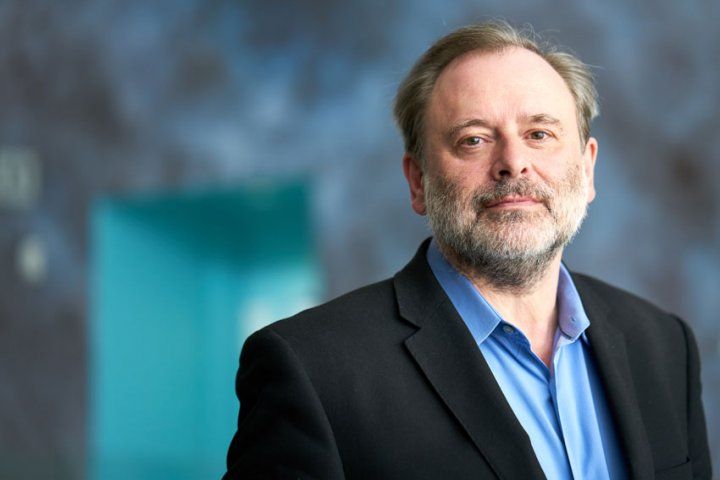
AACR Award for Outstanding Achievement in Chemistry in Cancer Research: Kevan Shokat, PhD, a Howard Hughes Investigator in cellular molecular pharmacology. The award honors novel and significant chemistry research that has led to important contributions in cancer research, diagnosis, and care. Dr. Shokat is being recognized for his seminal discoveries in the field of chemical genetics, including his development of the first covalent inhibitors of KRAS, leading to clinical trials to target an oncogene that had previously been deemed undruggable.
AACR Team Science Award: Alan Ashworth, PhD, FMedSci, FRS, FAACR, president of the UCSF Helen Diller Family Comprehensive Cancer Center. The award honors Ashworth, along with colleagues from the Institute of Cancer Research and Royal Marsden Hospital Breast Cancer Research Team, for outstanding research accomplishments in cancer epidemiology, biomarkers, and prevention. Dr Ashworth, along with his 11 colleagues, is being recognized for translational discoveries in breast cancer research that have led to significant improvements in diagnosis and treatment, including targeted therapeutics, radiotherapy, and metastases.
Press Conference
Monday, April 11, 8:30 a.m. CT
Linda Kachuri, MPH, PhD, a postdoctoral scholar in the Department of Epidemiology & Biostatistics, will take part in this press conference highlighting her study, Genetic determinants of PSA levels improve prostate cancer screening. She will also present her findings as part of the session Genetic and Environmental Cancer Risk Factors at 1:30 pm CT on Monday afternoon. Kachuri and her colleagues conducted a large-scale, genome-wide association study (GWAS) to uncover whether including genetic factors can improve prostate-specific antigen (PSA) screening for prostate cancer.
Leading UCSF Presentations
Sunday April 10, 1 p.m. - 2:30 p.m (CT)
Alejandro Sweet-Cordero, MD, a pediatric oncologist. His presentation, part of the session Identification of Pediatric Cancer Dependencies, focuses on his work to identifying subtypes of osteosarcoma using genomic and epigenomic analysis, with the end goal of bringing targeted treatments to bear on a condition that is still treated the same way it was 30 years ago.
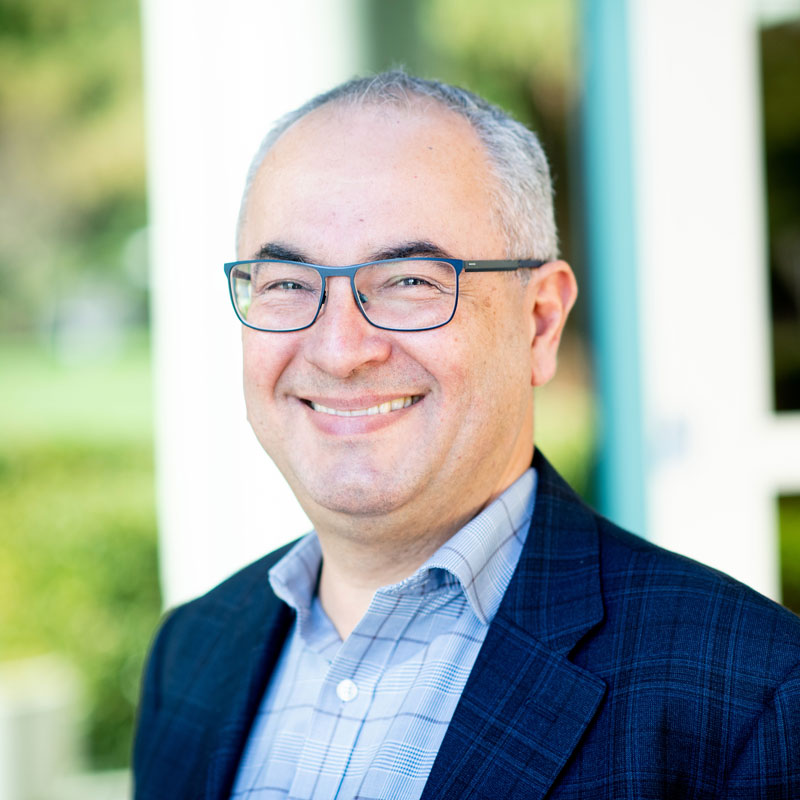
Monday April 11, 12:30 p.m. - 2:15 p.m. (CT)
Michelle Arkin, PhD, chair of Pharmaceutical Chemistry, will talk about her work with protein-protein interactions – central nodes in biology that have often gone awry in disease – during the session Peptide Interaction Inhibitors in Cancer Therapeutics. She’ll discuss the use of “molecular glues” to stabilize and inhibit these interactions, providing access to otherwise ‘undruggable’ sites and amplifying a cell’s innate defenses against cancer.
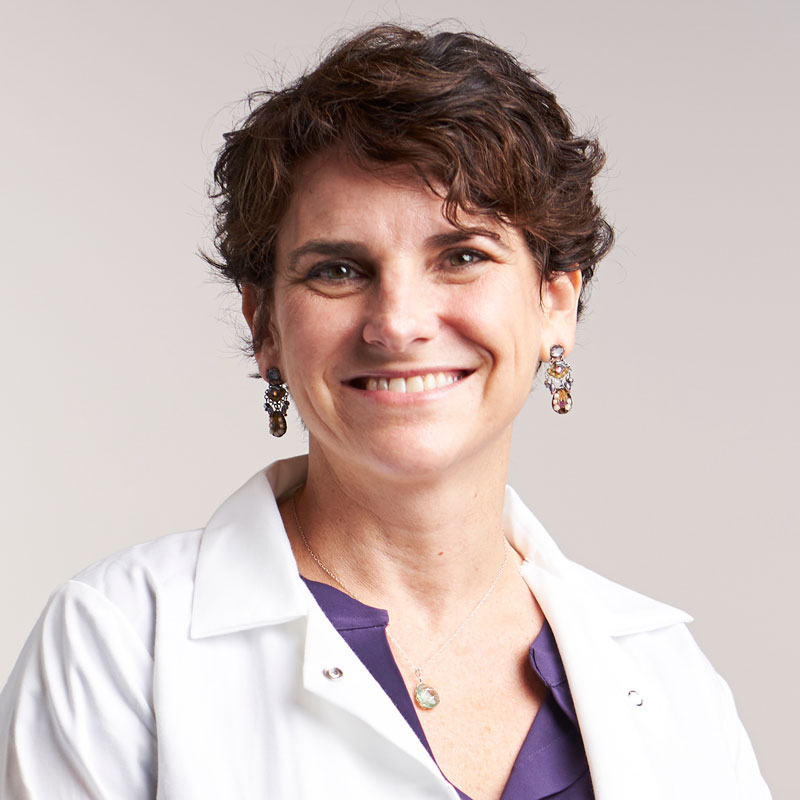
Monday April 11, 12:30 p.m. - 2 p.m. (CT)
Kevan Shokat, PhD and Frank McCormick, PhD, FRS, will take part in the KRAS Anniversary Session: Novel Mechanisms for Targeting KRAS, commemorating 40 years since the discovery and cloning of RAS oncogenes. The researchers will discuss mechanisms for activating KRAS that may lead to new therapeutic approaches, the discovery of the druggable pocket in a KRAS allele that led to the first inhibitor of the oncogene, and investigations of drugging other oncogenic mutations of KRAS.
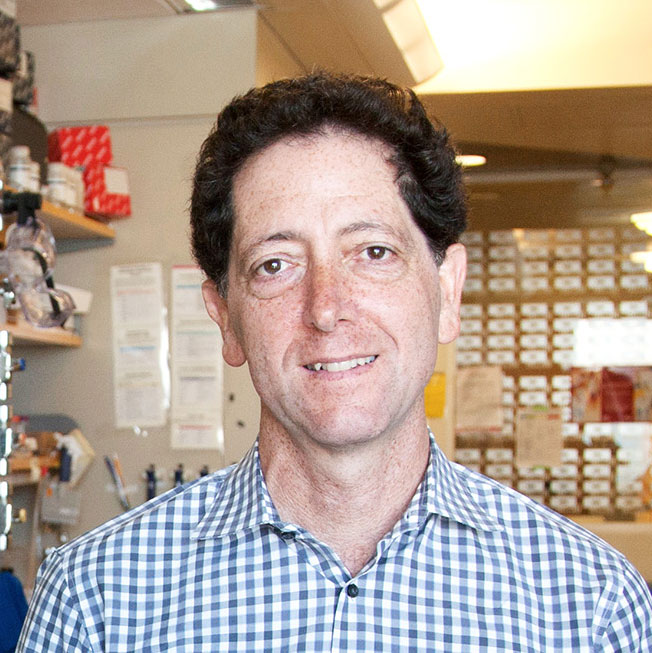
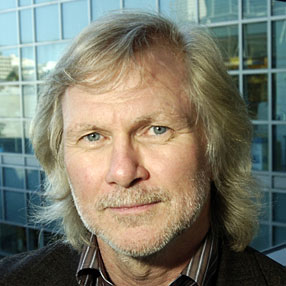
Tuesday April 12, 12:30 p.m. - 2 p.m. (CT)
Epidemiologist Scarlett Gomez, PhD, MPH, will discuss the RESPOND study (Research on Prostate Cancer in African American Men: Defining the Roles of Genetics, Tumor Markers, and Social Stress), a nationwide project looking at the impacts of social, genetic, and genomic factors on the risk of aggressive prostate cancer in African-American men. Her talk is part of the session, Where You Live Matters: From Biological to Social Determinants of Cancer Outcomes.
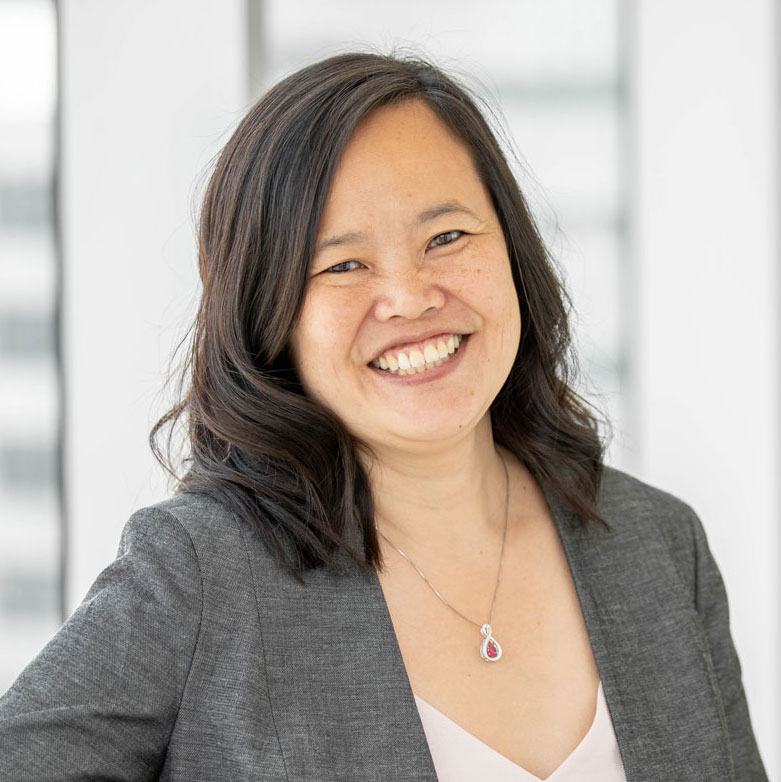
Tuesday April 12, 12:30 p.m. - 2 p.m. (CT)
Valerie Weaver, PhD, professor of Surgery, organized the session Extracellular Matrix Remodeling in Cancer and will present her research that links the biophysical properties of the ECM to regulation of immune metabolism and the impact on tumor immunity.